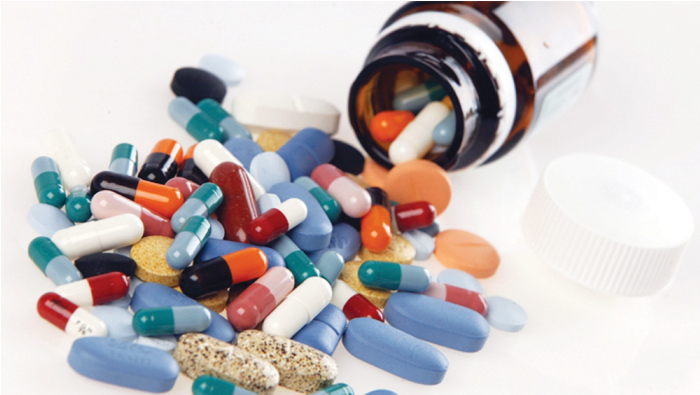
Muscat: The misuse and overuse of prescribed medication can cause serious harm to the body, according to a senior official at the Ministry of Health.
“A drug is a poison if used inappropriately, and the difference between toxicity and the remedy is a dose,” Sarah Al Balushi, Director of Pharmaceutical Care at the Ministry of Health told the Times of Oman.
“To ensure the maximum benefit from your medication, it is important to take it exactly as prescribed by your doctor.
“In fact, your chances of a better health outcome improve when you take your medications as directed,” Al Balushi added.
The warnings came in accordance with the World Antibiotic Awareness Week, which ran from November 12 to 18, 2018.
The event which is held annually aims to raise awareness on antibiotic resistance.
“Only take antibiotics prescribed to you by a doctor, do not share them with members of your family or your friends,” the Ministry of Health warned.” Doing so could lead to antibiotic-resistant infections.”
The regular use of medication has a negative effect on human organs, and this also applies to over-the-counter medication.”If a child or adult is given an increased dose of paracetamol, for instance, it could lead to toxicity which damages the kidneys.
There are also some painkillers which are commonly used by Omanis such as ibuprofen, cataflam and voltaren; if any of these are taken in excess or if they are misused, they could lead to renal and kidney failure.”
The dangers of misprescribing medication do not only occur in pharmacies, but could also happen at home.
Therefore, it is very important for parents to be aware of the type of medication they give to their children.”If a child is given an antibiotic for an illness such as a flu, the child will not be treated, because a flu is caused by a virus and not a bacteria,” the Ministry of Health added.
Abuse of antibiotics during childhood can permanently damage their immune system due to the effects on the natural bacteria that exist in the intestines.
“Moreover, if a child is given an antibiotic without a prescription, it will harm the child’s immune system, because the antibiotic does not give the child’s immunity a chance to fight off the germs,” said Al Balushi.
According to the Ministry of Health, “Antibiotic resistance is one of the greatest threats to global health, food security, and development in the 21st century; it can affect anyone, at any age and in any country.”
“The role of every patient is not to exchange antibiotics with others, and to complete the prescribed procedures even if you feel better,” added the ministry.
In 2016, the Ministry of Health established a national antimicrobial policy and guidelines to improve the prudent use of antibiotics and reduce antimicrobial resistance in the country.
Last month, the Ministry of Health launched the first report by the Oman Antimicrobial Resistance Surveillance system.
Speaking at the launch, Dr Ahmed Al Saidi, Minister of Health, said: “In the future, it is estimated that 10 million deaths per year may occur due to the misuse of antibiotics.”